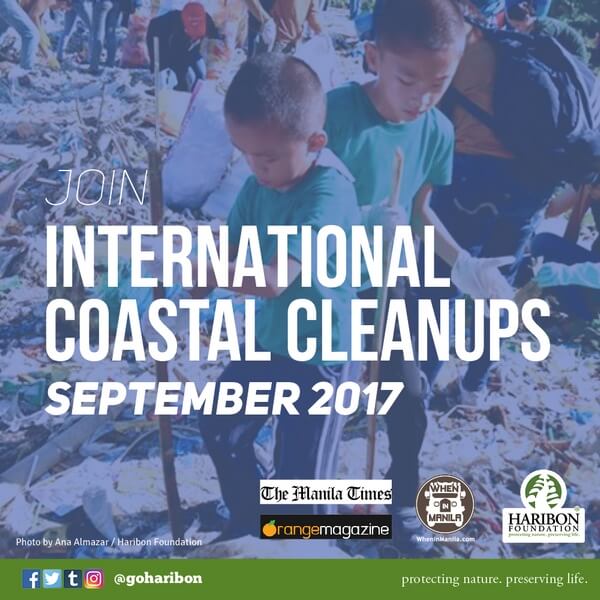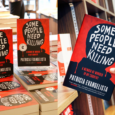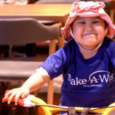The oceans are the Earth’s largest life givers. They supply half of the air we breathe, most of the animal protein we eat and water we drink. Oceans help regulate climate change impacts and support the greatest abundance of life on the planet.
Whether or not we live near the coastlines, the health of our oceans affects us. Unfortunately, throughout the years, we have risked the largest ecosystem on which our survival depends.
According to the Ocean Conservancy, almost 2 million cigarette butts were found on the world’s shorelines in 2016 making it the most common coastal trash in the planet. Here in our country, the International Coastal Cleanup Philippines reports more items in the list including plastic wrappers, bottle lids, straws, and stirrers.
This year alone, Haribon Foundation has collected at least 43 sacks of plastic waste (utensils, straws, plastic bags, wrappers, diapers, bottles), 22 sacks of Styrofoam waste and 21 sacks of rubber and cloth waste (shoes, slippers, bags).
Debris from recreational and commercial fishing also make up the ocean wastes such as buoys, fishing nets, traps, and ropes.
Many of the smaller wastes are either thrown out to the shores or end up into the sewer drains on the streets, which lead to different bodies of water.
On the average, cigarette butts take at least 10 years to rot while plastic products will need five centuries to a thousand years to decompose.
How trash affects marine life
Marine debris in the ocean can disrupt an entire food web.
Marine mammals, sea turtles, and sea birds are either injured, entangled or killed due to discarded plastics, fishing nets and other marine debris. Bits of plastics are commonly mistaken for food which kills turtles, birds, and fish.
Fishing gears and other debris entangle or suffocate corals and many marine organisms causing them physical damage or mortality.
Chemicals from tires, batteries, electronics, and plastics harm marine life and may get absorbed into the fish and other food sources that we take in daily.
Join a city coastal clean-up
This National Cleanup Month, Haribon invites organizations and individuals to join thousands of volunteers around the country who love the ocean and want to protect it.
Since the early 90’s, oldest environmental organization Haribon Foundation has joined the global call to conserve the Philippine shorelines, rivers, and waterways.
Year-round, Haribon organizes coastal clean-up drives with corporate partners and volunteers at the Las Piñas-Parañaque Critical Habitat and Eco-Tourism Area (LPPCHEA), which is also globally esteemed as an important resting and feeding stop for almost 5,000 migratory birds.
But while the call for cleaner coasts gets louder this month, Haribon ultimately reminds the public that the first and most important step to keep our oceans clean is to reduce trash in our homes before it gets to the sewers and waterways.
To join Haribon’s conservation activities, simply visit their Facebook page fb.com/goharibon or e-mail partnerships@haribon.org.ph.
Sources:
https://www.debrisfreeoceans.org/marine-debris/
https://www.isfoundation.com/news/impact-waste-oceans-and-how-marine-life-suffering-it
About Haribon Foundation
Haribon Foundation for the Conservation of Natural Resources, Inc. is a membership organization committed to nature conservation through community empowerment and scientific excellence. Hatched in 1972, it is the pioneer environmental organization in the Philippines. It’s natural and social scientists work with communities and people from all levels governance to promote biodiversity conservation.
Act. Make an Impact. Protect, Conserve and Save Biodiversity. Be a Haribon member today. Register: bit.ly/joinHF and e-mail to membership@haribon.org.ph. SIGN UP NOW!





